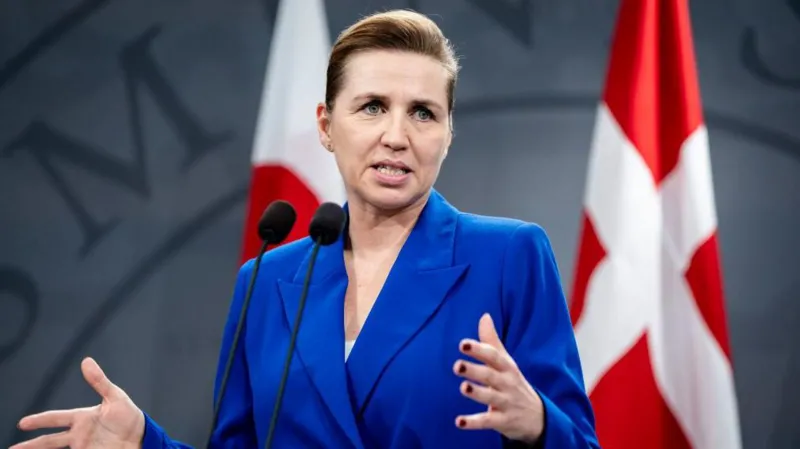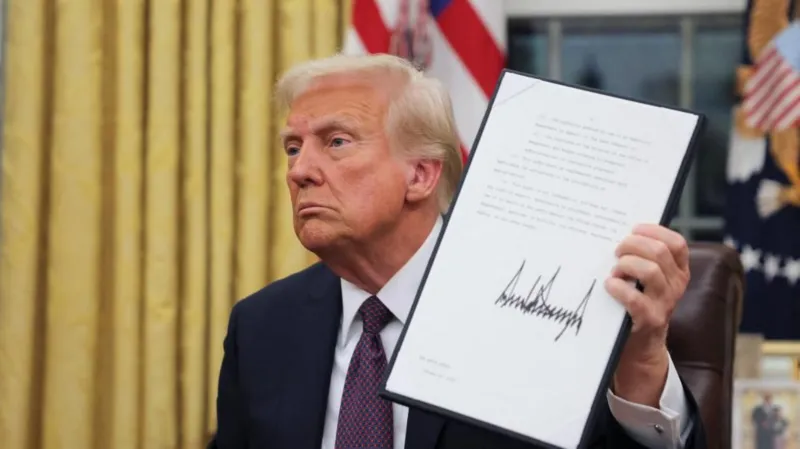The question of Greenland’s future rests solely in the hands of its people, declared Denmark’s Prime Minister in response to former U.S. President Donald Trump’s controversial interest in purchasing the autonomous Arctic territory. This assertion reinforces Greenland’s autonomy and highlights Denmark’s commitment to respecting the island’s self-governance and independence.
Greenland, the world’s largest island, holds strategic geopolitical significance due to its location and abundant natural resources, including rare earth minerals. In 2019, President Trump sparked a global discussion when he expressed interest in buying Greenland. The suggestion, met with shock and skepticism, drew swift and firm responses from both Danish and Greenlandic leaders, emphasizing that Greenland is not for sale.
Mette Frederiksen, Denmark’s Prime Minister at the time, responded decisively, stating, “Greenland is not Danish. Greenland belongs to Greenland.” Her statement underscored the fact that Greenland operates as an autonomous territory within the Kingdom of Denmark, with its own government and authority over most domestic matters. While Denmark handles foreign affairs and defense, decisions regarding Greenland’s future are firmly in the hands of its residents.
This clarification reaffirmed Denmark’s respect for Greenland’s autonomy under the 2009 Self-Government Act, which grants the territory extensive self-determination rights. Over the years, Greenland has steadily moved towards greater independence, exploring its own economic and political development while maintaining ties with Denmark. The possibility of full independence remains an open question, but any such decision would require a majority consensus among the island’s 56,000 residents.
Frederiksen’s remarks came during heightened international interest in the Arctic, a region experiencing rapid environmental changes and increased geopolitical competition. The melting ice caps have opened new shipping routes and exposed valuable natural resources, drawing the attention of global powers like the United States, China, and Russia.
Greenland, with its strategic location and natural wealth, has become a focal point in this evolving geopolitical landscape. However, Greenlandic leaders have expressed a desire to control their own resources and chart their future. “Our country is not a commodity to be traded,” said Kim Kielsen, Greenland’s then-Prime Minister, in response to Trump’s remarks.
While Trump dismissed Frederiksen’s comments as “nasty” and canceled a scheduled state visit to Denmark, the controversy brought renewed attention to Greenland’s autonomy and its residents’ aspirations. As climate change reshapes the Arctic, Greenland’s role in international affairs is likely to grow, making its political and economic trajectory a key subject of global interest.
Ultimately, Denmark’s stance reflects a broader principle: the future of any nation or territory should be determined by its people. Greenland’s journey, whether towards greater autonomy, independence, or continued partnership with Denmark, remains firmly in the hands of its citizens.




















